James Watt was born on January 30, 1736 in Greenock, Scotland, UK. His mother gave him lessons in reading, and taught him how to draw with a pencil and chalk. His father drilled him in arithmetic and encouraged him to use tools. When James began to go to school, he did not do well due to illness which kept him at home.

As a small boy, James was fond of tinkering with things. His aunt often said, “James, you are an idle boy. Take a book and read. For one hour you have not spoken a word, but taken off the lid of that kettle and put it on again and again. Are you not ashamed of wasting your precious time?”
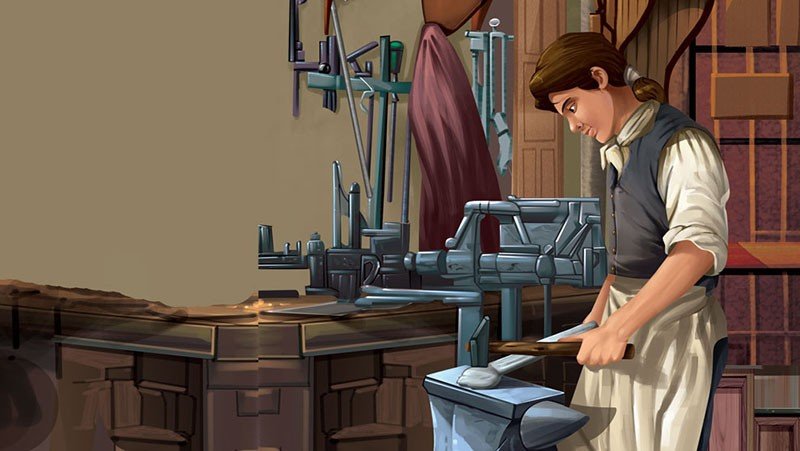
James spent a lot of time in his father’s shop. He had a small workbench. He fashioned cranes, pulleys and pumps, and learnt to work with metal and wood. When James was a young man, he went to Glasgow to become an instrument-maker. He learnt to mend spectacles, repair fiddles and to make a fishing tackle from a mechanic.
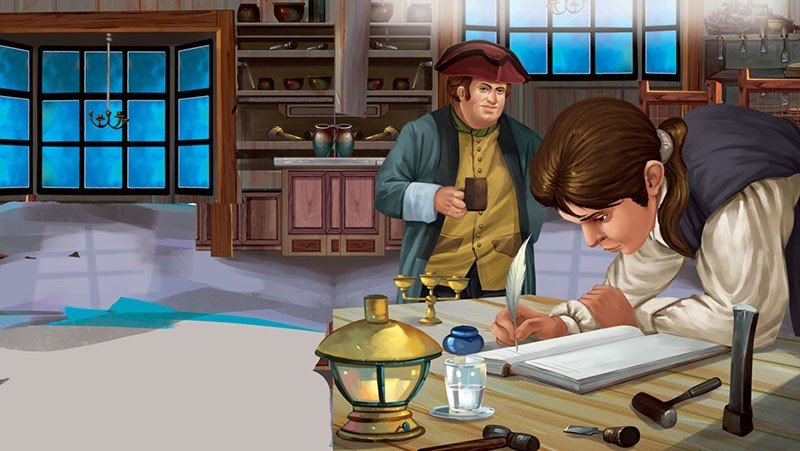
Thereafter, James decided to find a teacher in London but he had to serve for many years. He wanted to learn fast. He finally found a master and finished training. Then he returned to Glasgow but the guild (association of craftsmen and merchants) did not allow him to open a shop as he had not served his apprenticeship. A teacher at the University provided him with a small room in the college.
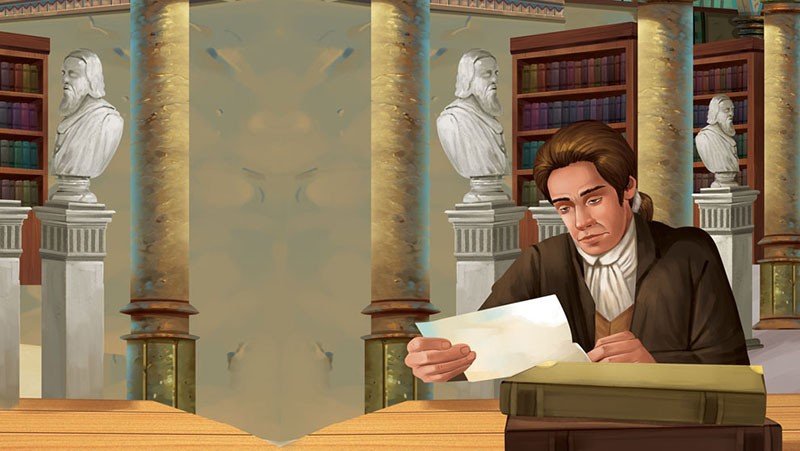
James cleaned and repaired instruments for the university. He made and sold spectacles and fishing
tackles. He made musical organs. James also spent his leisure in reading. He studied chemistry, mathematics and mechanics at the college library.
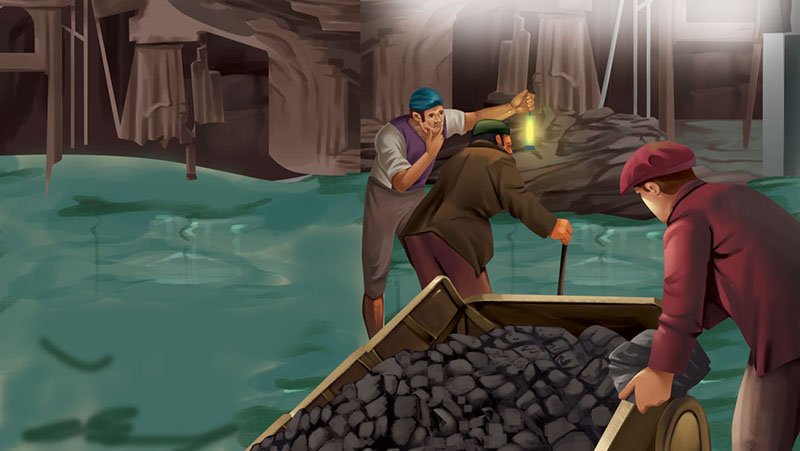
Coal mining was an important industry in those days. The deeper the mine, the harder it was to lift coal. The mines were flooded by water. A machine was needed to pump out the water and hoist the coal. The need for such a machine led to the invention of the steam engine.
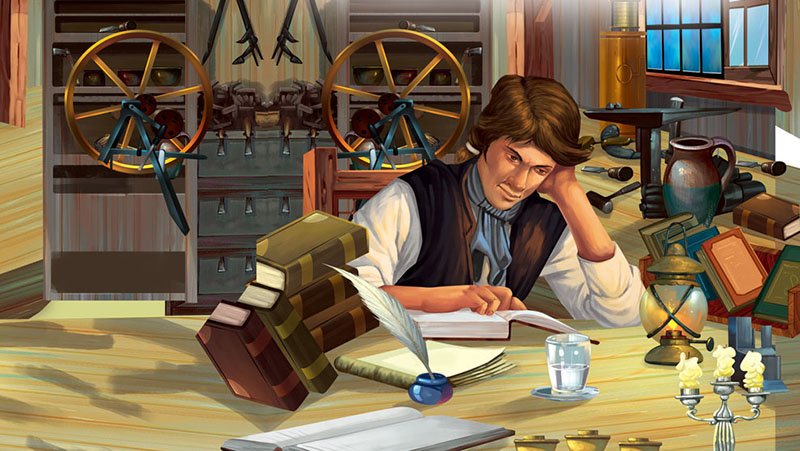
The idea of the steam engine captivated James. He began to read how others had tried to make engines. He found the best books in Italian and German. He studied these languages. In an Italian book, he read about Branca’s steam engine. In a German book, he read about Papin’s engine.

Then, Newcomen made his first engine. It was used in England at mines. But it was big and could not be used in deep mines. It worked slowly and was expensive. James repaired one of Newcomen’s engines. It made a few strokes and stopped. There was no steam left. James set to work to discover why the engine used so much steam.
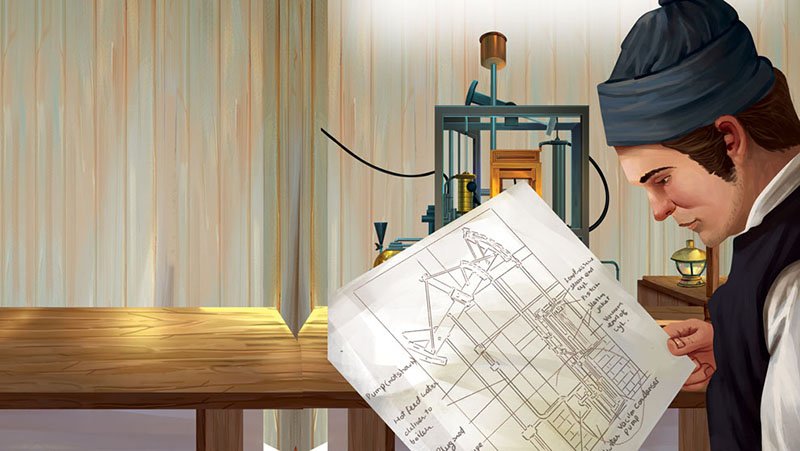
James found that the three-fourths of the steam was wasted in heating the cylinder. He decided to find a way in order to keep the cylinder always as hot as the steam which entered it, and a vacuum made in the cylinder, without cooling it. He went on day after day, but did not get any solution to do this.

Finally, James added a separate condenser to get rid of the steam, without cooling the cylinder. He also made changes to let steam in above the piston to act upon it, instead of the air. This change made Newcomen’s engine into a steam engine.

James secured a partner and made a trial engine. But the trial engine did not work well. It wheezed and snorted, and puffed fire and smoke. The engine was named ‘Beelzebub’. Beelzebub was left to rust. But at the age of thirty-five years, James had spent ten years and thousands of dollars, but the invention was still a dream. He was sad.
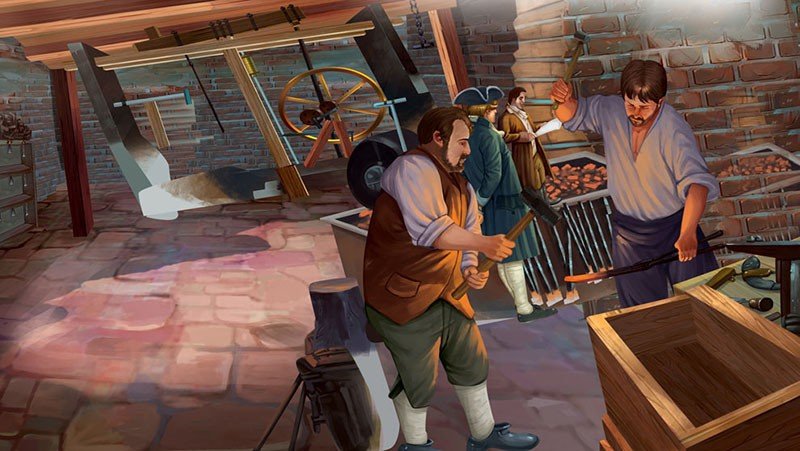
Matthew Boulton who lived at Birmingham was the owner of the largest hardware factory in the world; he became interested in the engine. He became James’ partner. Old Beelzebub was now shipped to Birmingham. The best mechanics worked on it. At trial, Beelzebub worked very well.

But some way had to be found to make the engine. James was determined to do something extraordinary. He did not lose hope and courage. The condenser, the piston and the cylinder were again improved. Meanwhile, mines were being flooded with water. James’ engine was set up in the deepest mine. It pumped water and the mine was dry.
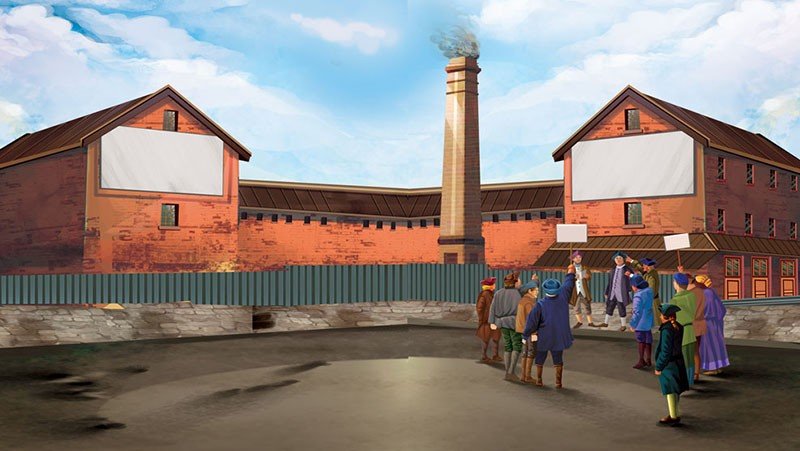
Matthew Boulton, James’ partner, felt that the steam engine could be useful in mills and factories. So,
James started work on a factory engine. The first factory engine was built for a corn mill. The use of the steam engine in mills was opposed by the millers. They thought it would take work away from them.

Both James and Boulton decided to build a flour mill. They put into it their newest and best engine. The engine became famous and orders began to pour in from France, Italy and America. Difficulties were overcome. The Parliament did not take away the patents. The persons who used them without right were punished. The mine owners were forced to pay.

The business began to prosper. James became rich overnight. He had a beautiful country home built at Hearthfield. From there on, he made trips to the different parts of Scotland, Wales and England. A room was fitted up in the attic of the house, and there he would work for days at a time. Here, he worked till he died. He died on August 25, 1819.


